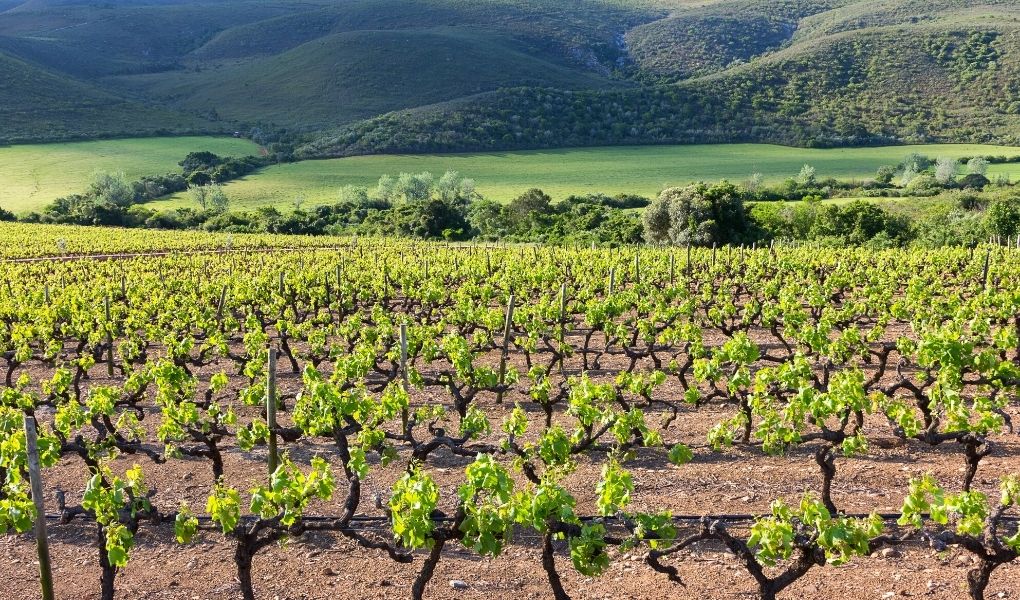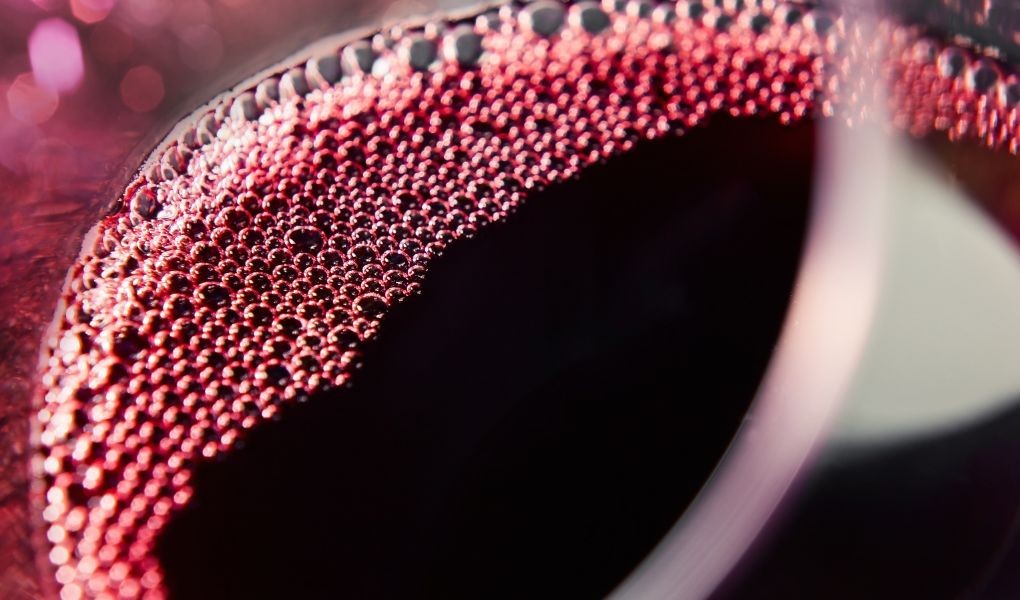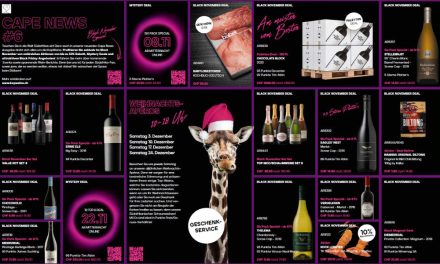How green is my expensive red wine?
Neudefinition von Luxus
Can sustainability and luxury products coexist? This was the theme of a fascinating session at last week’s Green Wine Future conference, a four-day online forum featuring more than 150 speakers beaming in from all over the world – rather than flying to Santiago or the Napa or the Barossa as they all would have done before the pandemic.
Most of the sessions in the conference were aimed at the people who grow, make or sell wine: adapting to the challenges of the climate crisis by reducing emissions and changing viticulture; regulatory impacts on sustainability certification; developments in enviro-friendly packaging; and so on. They’re all important topics in the wine industry.
But the session that really caught my eye was the one tackling how consumers of luxury wine are thinking about all these issues.
One way to define a luxury good – an extremely expensive bottle of wine, say, that we choose to drink – is to place it in contrast to a necessary good, like the water we need to drink to stay alive.
Discussing how we ensure we all have enough water to survive a hotter, drier future should obviously take priority over discussing whether rich vignerons will still able to make a $1000 pinot noir in a hotter, drier future. But can the latter conversation have a role to play in the former?
Another definition of luxury wine came from Dr Liz Thach, distinguished professor of wine and management at Sonoma State University in California.
To be considered in the luxury bracket, she said, a wine had to fulfil several criteria: it had to be made to the very highest level of quality, consistently, for at least 20 years. It had to come from a special place. There should be a sense of scarcity. It should give the buyer a sense of privilege in owning this special bottle. And it should have an elevated price point and achieve a higher price at auction.
Increasingly, though, said Thach, luxury consumers were applying another criterion.
«What we found in our research is that consumers, especially new ones, want the product to also be sustainable. Was the product developed in an environmentally friendly way? And with socially equitable practices for employees and community? That is actually a new aspect of what we mean by luxury wine».
One way that luxury wine producers should address their environmental and social impact, said Thach, was by reducing the weight of their often-preposterously heavy bottles – she pointed out that some modern luxury wine bottles can weigh up to almost 1.5kg, empty.
This makes sense in terms of reducing the company’s carbon footprint, as packaging and transport of bottles can account for up to 68 per cent of a winery’s emissions.
«Many wineries are working on reducing the weight of their bottles,» said Thach, citing one producer who reduced the weight of their bottles from 798 grams to 564 g a bottle and cut their emissions rate by 25 tonnes.
There was also the physical impact on the people who handled wine. «I’ve talked to retailers who say they’re worried about their employees lifting a case that weighs too much,» said Thach. «You know, there are ergonomic and safety issues here.»
«This is the elephant in the room,» said Diana Verde Nieto, co-founder and co-CEO of Positive Luxury, a sustainability consultancy to the luxury industry. «I think social issues are huge. Not just the people who work in the vineyard or in the headquarters, but seasonal workers. How do we protect them and how do we make sure that the social aspects and the social impact of winemaking are as positive as the environmental one?»

Another issue Liz Thach identified in the luxury market was that many of the makers of these wines already employed impressive regenerative, organic or biodynamic practices, but failed to communicate their efforts to consumers.
«Maybe in the past people were worried about being seen to be greenwashing,» she said. «But that time has passed. Right now, everybody is worried about this planet. And the luxury wines of the world – the leaders, the heroes – need to communicate what they’re doing because this will help set the pace, and inspire others to do the same.»
Julien Lecourt is research and development director for wine magnate Bernard Magrez, who owns a number of luxury wine estates in Bordeaux including the 250-hectare Château La Tour Carnet. It’s here, in 2013, that Lecourt and his team embarked on one of the most exciting responses to climate change I have come across, by planting 84 grape varieties – the Bordeaux classics such as cabernet sauvignon and merlot, as well as other grapes from across the Mediterranean – to see how they might provide an option for winemaking in future.
The team started making wine from these grapes in a dedicated winery – complete with 84 micro-tanks – in 2018. But they realised that while they were learning a lot about each variety, they weren’t answering the question.
«So, this year, we decided to install heating wires in the vineyard,” said Lecourt. “These heat the vines by two to three degrees to simulate climate change and to allow us to produce wines from grapes that have faced the climate they will face in 2050. Our goal is to be able, by 2025 to produce the kind of wine you will be drinking in Bordeaux in 50 or 100 years’ time, and do it in quite a scientific way.»
It’s a great story, and makes me want to try the wines from this estate. As Nicole Rolet of the Chêne Bleu winery in the south of France pointed out, it’s a story that appeals to my «enlightened self-interest» – an increasingly important motivator for consumers of luxury wines.
«A lot of contradictions are thrown up by our multiplicity of wishes and desires with this question,» said Rolet.
«Sustainability is the ultimate luxury for the person who has everything. A lot of people, when they make lots of money, their interests go to selfless things like philanthropy: if you have everything, you also want to know that what you’re doing is good for others. But you’re still sort of looking out for your own needs first, right? So, you drive your Tesla because you’re not destroying the planet – but you’re also very comfortable.»
Diana Verde Nieto believes luxury wine companies that fail to embrace sustainability, particularly the social aspects of it, and fail to appeal to enlightened self-interest, risk losing out to their competitors.
«Do you remember Nokia?» she asked. «When we think today about positive luxury [in tech], we think about Apple. That’s kind of where we are with sustainability. The game is not just to please consumers but really to remain relevant to them. If you don’t want to subscribe to this, you can be Nokia.»
Issue of the “Financial Review”, dated 01.06.2022








